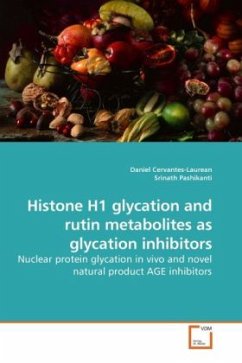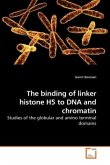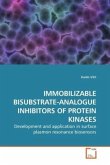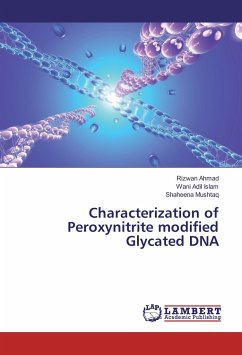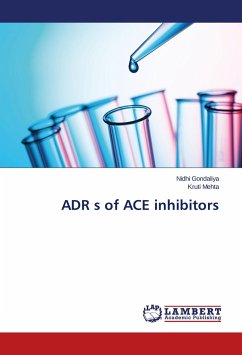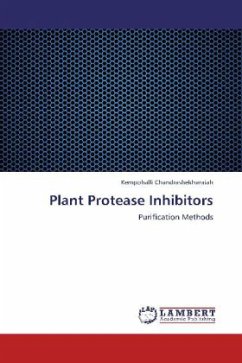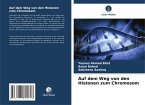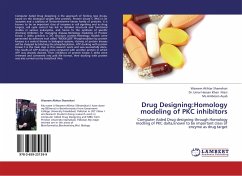Protein glycation, induced by hyperglycemia, is implicated in the appearance of diabetic complications and the aging process. Glycation involves the non-enzymatic reaction between sugars and protein amino groups that lead to formation of advanced glycation end products (AGEs). When aminoguanidine, a proven AGE inhibitor, was tested as an anti-diabetic drug in clinical trials showed critical side effects, which suggested a need for improved AGE inhibitors. A protein glycation model included histone H1 and glyoxal or methylglyoxal since it allowed to distinguish AGE inhibitors from antioxidants. This book describes the findings of Dr Cervantes and graduate student, Srinath Pashikanti, of novel natural product AGE inhibitors and the in vivo modification of nuclear proteins, histone H1, with AGE adducts. Rutin metabolic derivatives were tested as AGEs inhibitors since rutin, a flavonoid consumed in fruits and vegetables, is metabolized in the gut. These results suggest effective AGE inhibitors that might be recommended as supplements in diabetes complication prevention. In addition, the occurrence of in vivo nuclear protein glycation is described using histone H1.
Bitte wählen Sie Ihr Anliegen aus.
Rechnungen
Retourenschein anfordern
Bestellstatus
Storno

